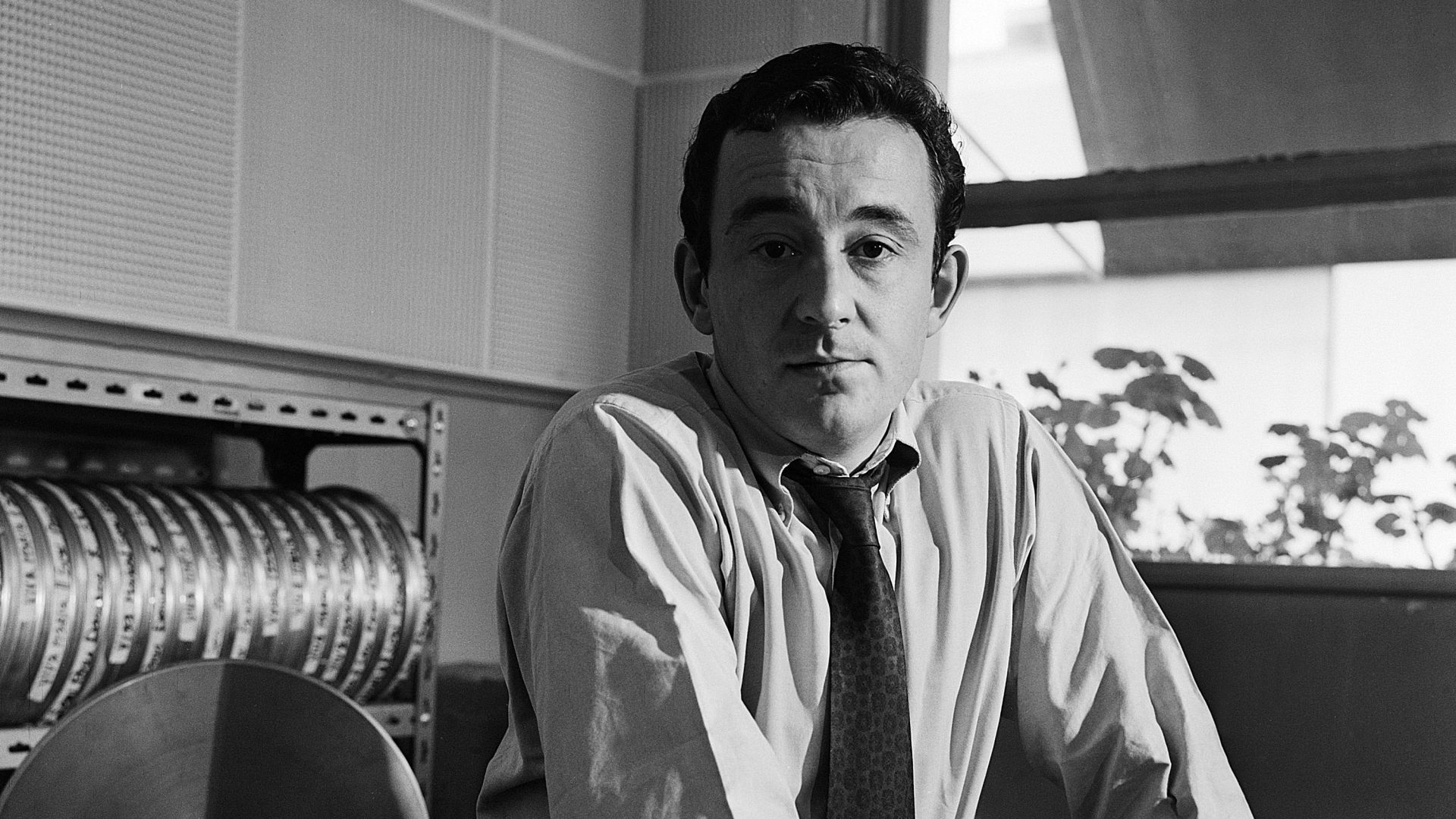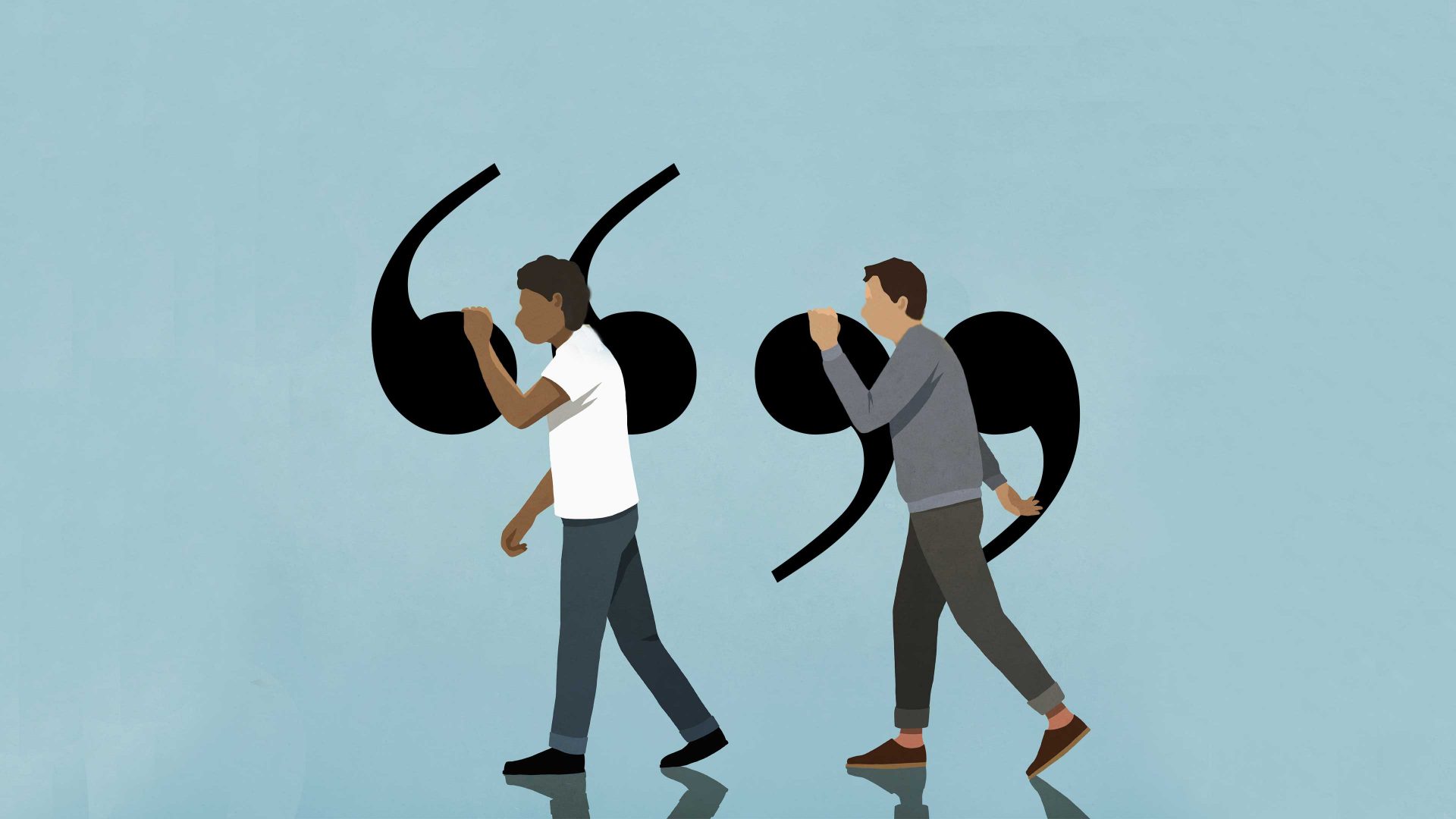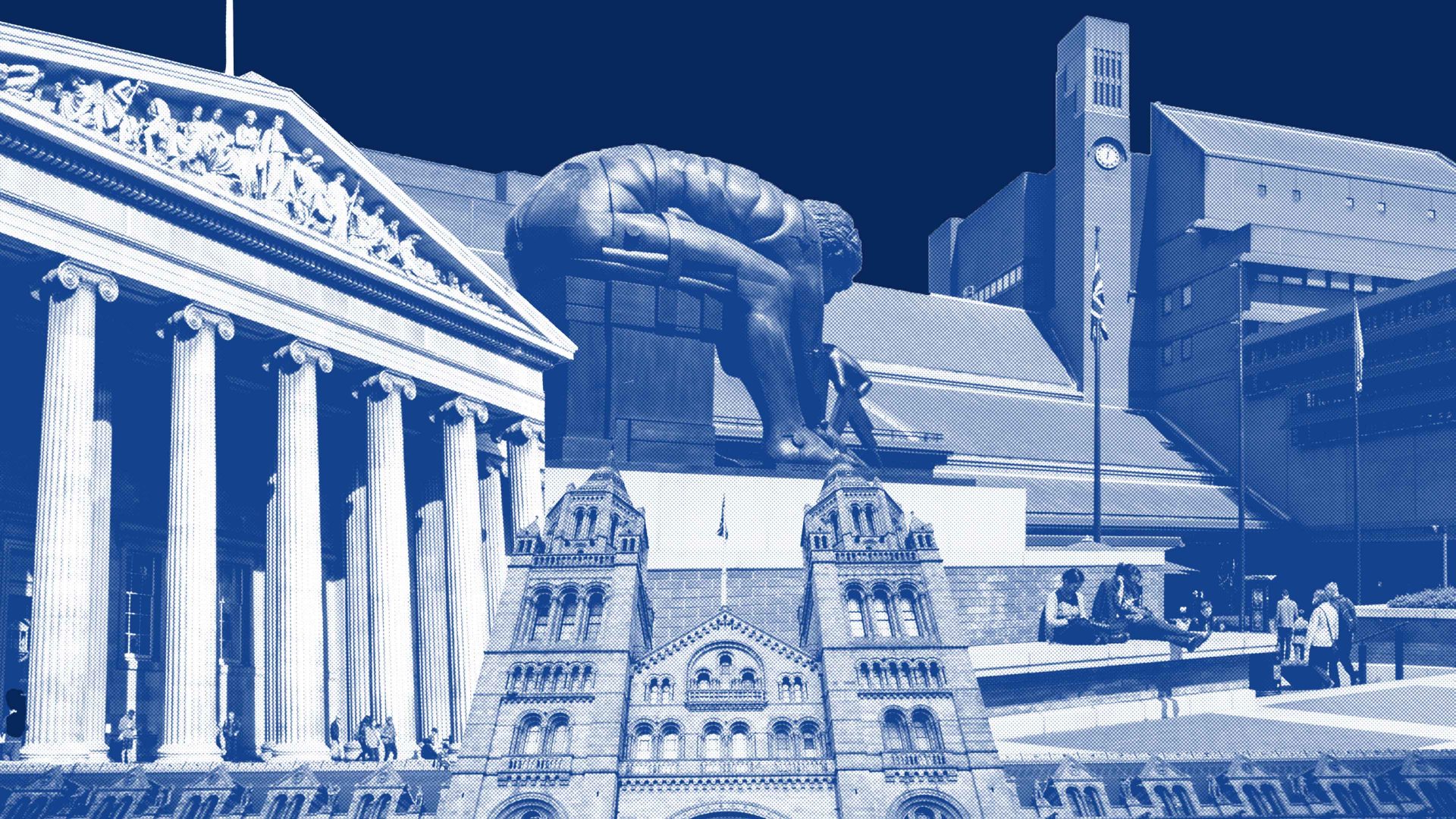There comes a time in the life of most successful creative people when they feel the need for a new challenge. A novelist might write a memoir or a screen actor take on a stage role, for film directors reinvention might involve exploring a new genre or shooting a movie in black and white.
Such trifles did not go far enough for Louis Malle when, in the twilight of the 1960s having enjoyed a decade as a successful fellow traveller of the nouvelle vague, he decided to freshen things up.
Still in his thirties, Malle was already renowned for the originality of his cinematic vision. Each of his films was different from the others, he had no recognisable signature style, so if he did try something radically different it was sure to be a comprehensive and committed reinvention.
So it was that in 1968 Malle declared he was “tired of actors, studios, fictions and Paris”, divorced his wife, sold his apartment and moved to India to make documentaries.
For some this would have been career suicide but Malle needed something new and creatively pure to fuel every project. His faith in his own vision had carried him to the peak of success in Europe, but when he boarded a plane for a new start in Asia he was putting that faith to the stiffest of tests.
Malle spent months wandering through India with his camera, shooting hours of footage he would turn into fearless, honest and unapologetic documentaries. When the BBC screened Calcutta in 1970 it proved controversial enough to practically trigger a diplomatic incident.
Having expected a lightweight exercise in privileged-westerner-is-charmed-by-the-east, the Indian government was horrified to see Malle broadcasting unfiltered the poverty and squalor rife across their nation. So appalled were the authorities they closed down the BBC’s Delhi base and expelled its staff.
The diplomats might have been aghast but Malle was exhilarated by the experience.
“What I saw in India, that paradise of the exotic,” he said, “that is what really changed my life.”
Shortly afterwards, seeking another fresh challenge, he moved to the USA.
Malle’s willingness to risk everything to stimulate his creative desires and retain a freshness in his art possibly had roots in his privileged upbringing in northern France. His mother came from a wealthy family that had made its fortune from refining sugar, providing Malle with a lifelong safety net that facilitated an uncompromising artistic vision.
Schooled first in Paris while spending childhood summers at a family estate in Ireland, in 1944 on the brink of his teens and with the Allied invasion imminent, Malle was sent to a Catholic boarding school at Fontainebleau run by Carmelite monks who, it turned out, were active in the Resistance.
Just before Christmas there was a sudden influx of new boys at the school, mostly around Malle’s age. These were Jewish children, passed off as Catholics to hide them from the Nazis. They were only at the school for a month before a kitchen porter betrayed them and Malle and his fellow pupils were forced to watch the boys – fledgling friendships, nascent academic rivalries and all – marched away by the Gestapo along with their headmaster. None of them survived the war. The experience had a profound effect on Malle.
“I remember 1944 much better than what happened three years ago,” he said in 1975, and would wait until four decades had passed before addressing the incident with 1987’s Au Revoir les Enfants. An unflinching portrait of friendship, betrayal, bravery and complicity during the occupation, Au Revoir les Enfants was greeted with as much hostility as praise in a nation where such introspection and uncomfortable questions were still taboo.
On leaving school Malle spent a brief period as a politics student in Paris before transferring to the Institut des Hautes Etudes Cinématographiques to study film. There he met Jacques Cousteau, with whom he embarked on two oceanographic expeditions that led to them co-directing the Academy Award-winning 1956 documentary The Silent World.
He was a cameraman on Jacques Tati’s classic Mon Oncle before making his directorial debut at the age of 25 with Ascenseur pour l’Échafaud, a noir-esque thriller starring Jeanne Moreau with a remarkable improvised jazz soundtrack by Miles Davis. Innovative in its cinematography and direction, this was a film made by a young director who had arrived fully formed.
Les Amants followed in 1958, again starring Moreau, this time as a woman who gave up her home, marriage and family after enjoying one ecstatic night with a student in a film that triggered a landmark case in the US Supreme Court that sought to define what was meant by “obscenity”.
So successful was Les Amants that Malle couldn’t quite believe it himself and effectively disappeared for six months, ostensibly location scouting for a film that did not exist. He returned with his drive and determination renewed enough to carry him right through the 1960s in a blaze of creativity before his Indian epiphany.
Similarly, the US provided Malle with a clean slate and a new set of challenges.
“I needed to renew the fire and that’s what I did coming here, in my work and in my life,” he told an American interviewer in 1978. “Living here has given me a sense of threat and I like this challenge very much.”
The same year saw his controversial US debut Pretty Baby in which 11-year-old Brooke Shields played Violet, a New Orleans child prostitute enjoying life until her mother, played by Susan Sarandon, marries and moves the family away to respectability – much to Violet’s chagrin.
“I am trying to make people accept such scandalous situations,” said Malle amid the predictable uproar that greeted the film. “That is, to admit an ambiguity of character, that one is capable of anything.”
1980’s more conventional Atlantic City starring Sarandon and Burt Lancaster was nominated for five Academy Awards but in typical Malle fashion, he followed it with My Dinner with André, a two-hour conversation in a restaurant between theatre director André Gregory and the playwright William Shawn. This was a classic illustration of the ideals to which Malle remained faithful to the end, his last film, Vanya on 42nd Street, being a performance of Chekov’s Uncle Vanya staged in the derelict New Amsterdam Theatre in New York.
“I tend to think that I repeat myself so I try to resist the temptation to return to what I have already explored,” he said of his unique approach to cinema. “The longer I live, the less I trust ideas, the more I trust emotions.”




